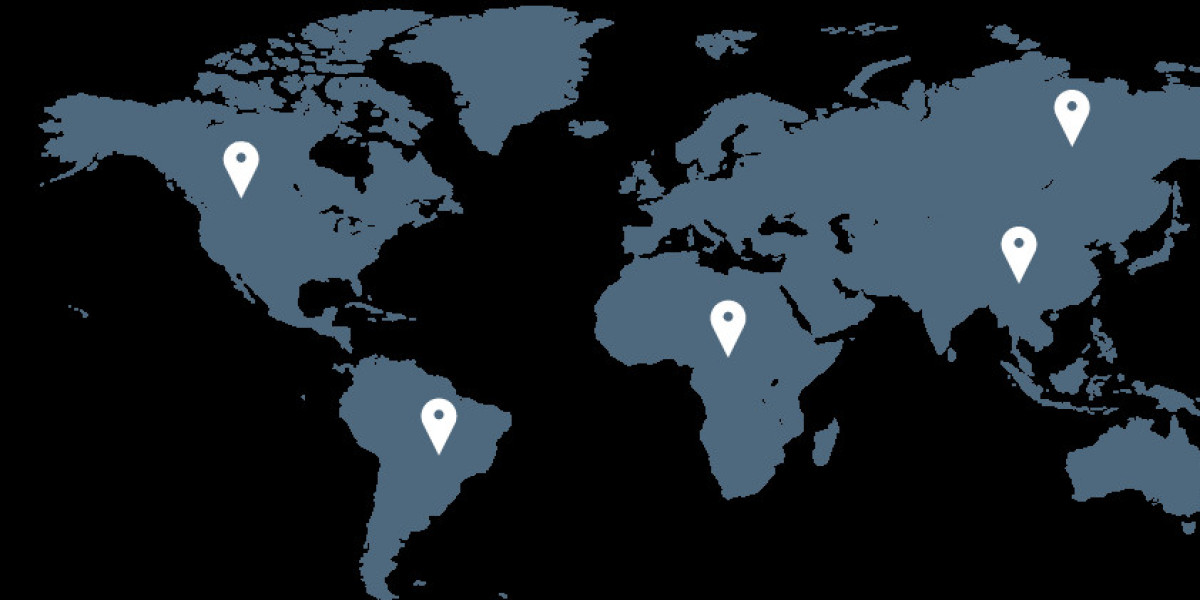Introduction
In Queensland, foster care is an essential service that provides safe and nurturing homes for children who cannot live with their biological families. Whether due to abuse, neglect, or family breakdown, many children in Queensland face difficult circumstances that require temporary care in a loving environment. Foster care services in Queensland aim to provide these children with stability, love, and the opportunity to heal. This article explores the different types of foster care available, how to become a foster carer, and why these services are crucial for the well-being of children across the state.
What is Foster Care?
Foster care is a temporary arrangement where children are placed in the care of certified foster parents. These children may be removed from their homes due to unsafe conditions or family issues, and they are placed with foster families to ensure they are provided with safety, support, and stability during a difficult period. The goal of foster care is often to reunite the child with their biological family once the issues are resolved, though in some cases, adoption or long-term care may be necessary.
The Importance of Foster Care Services in Queensland
Queensland is home to a diverse population, and with this comes a variety of challenges related to child welfare. Foster care services in Queensland help address these challenges by providing vulnerable children with the care and attention they need to grow and develop in a safe environment. Local foster care agencies play a critical role in connecting children with foster families, offering ongoing support, and ensuring that children receive the best possible care while in the foster system.
In Queensland, both government and non-profit organizations collaborate to provide foster care services. These agencies ensure that foster carers have the training, resources, and emotional support they need to help children thrive. By providing a network of foster care options, Queensland can ensure that children receive the individualized care they require.
Types of Foster Care in Queensland
There are several types of foster care services in Queensland, each designed to meet the specific needs of children. These include:
- Emergency Foster Care: This type of foster care is for children who need immediate placement due to unsafe living conditions. Emergency foster carers provide short-term care until a more permanent solution is found.
- Short-Term Foster Care: Children who are placed in short-term care may stay with a foster family until their biological family is able to reunite with them or until a longer-term placement is arranged.
- Long-Term Foster Care: In some cases, children may not be able to return to their biological families, and long-term foster care is necessary. This type of care provides children with stability and continuity in a permanent foster home until they reach adulthood or are adopted.
- Specialist Foster Care: Some children have specific needs due to trauma, disabilities, or behavioral issues. Specialist foster carers receive additional training and resources to support these children.
How to Become a Foster Carer in Queensland
Becoming a foster carer is a rewarding yet responsible commitment. If you’re interested in becoming a foster parent in Queensland, here are the general steps you’ll need to follow:
- Research Foster Care Agencies: In Queensland, multiple agencies offer foster care services. It’s important to research these organizations to find one that aligns with your values and preferences. Many agencies specialize in different aspects of foster care, such as emergency care or long-term placements.
- Attend an Information Session: Most foster care agencies offer information sessions where potential foster carers can learn more about the requirements and process of becoming a foster parent. These sessions provide valuable insights into what’s involved in foster care and how the system works.
- Complete an Application: After attending an information session, you can submit an application to become a foster carer. This process usually includes background checks, interviews, and home visits to ensure that your home and lifestyle are suitable for fostering.
- Training and Preparation: Once your application is approved, you will need to complete mandatory training. This training covers essential topics such as child development, trauma-informed care, and the foster care system. The training is designed to prepare you to provide the best possible care for children in need.
- Ongoing Support and Placement: Once you are approved as a foster carer, your agency will match you with a child in need of care. Foster care agencies provide ongoing support to ensure that both you and the child are receiving the help you need. Support services may include counseling, respite care, and additional training.
The Role of Foster Carers in Queensland
Foster carers in Queensland play a vital role in shaping the lives of children. They offer children a safe haven during times of distress, providing a stable home where children can experience love and care. Foster carers are also advocates for the children in their care, ensuring they have access to education, medical care, and social services.
While the role of a foster carer is deeply rewarding, it can also be challenging. Foster carers must be prepared to handle the emotional and behavioral needs of children who may have experienced trauma. However, with the right support and training, foster carers in Queensland can make a significant difference in a child's life, giving them the tools and resources they need to thrive.
Why Foster Care Services are Important for Queensland Communities
Foster care services in Queensland have a direct impact on the well-being of children, families, and the broader community. By offering vulnerable children a safe and loving home, foster care helps to break the cycle of abuse and neglect. It also provides an opportunity for children to heal from trauma and rebuild their futures.
Foster care is not just about providing shelter—it’s about giving children the opportunity to grow, learn, and become successful individuals. When children receive the care and attention they need in their formative years, they are more likely to succeed academically, form healthy relationships, and contribute positively to society.
Conclusion
Foster care services in Queensland are essential for providing vulnerable children with the care, love, and stability they need during difficult times. By becoming a foster parent, you can make a lasting impact on a child's life, helping them to overcome adversity and achieve their full potential. If you're interested in learning more about foster care services or becoming a foster carer in Queensland, there are numerous agencies and resources available to guide you through the process.







